Lymphoma Immunotherapy in Mexico: Your Complete Guide
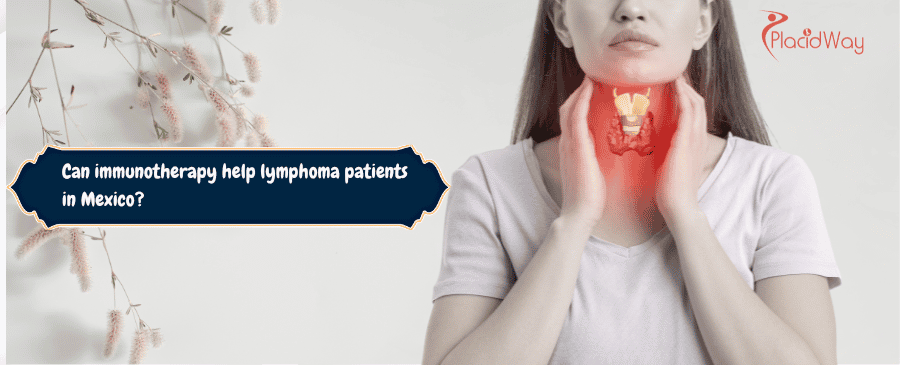
Lymphoma, a cancer originating in the lymphatic system, affects millions worldwide. While traditional treatments like chemotherapy and radiation therapy remain vital, immunotherapy has emerged as a groundbreaking approach, harnessing the body's own immune system to fight cancer cells. For patients seeking innovative and often more affordable options, Mexico has become a notable destination for lymphoma immunotherapy. This guide delves into the specifics of immunotherapy for lymphoma in Mexico, addressing common questions and providing detailed insights into this promising treatment path.
Can immunotherapy help lymphoma patients in Mexico?
"Yes, immunotherapy can significantly help lymphoma patients in Mexico by stimulating their own immune systems to recognize and attack cancer cells, often offering a less toxic alternative or complement to traditional treatments."
Immunotherapy is a rapidly evolving field in cancer treatment, and its application for lymphoma in Mexico is growing. Many clinics in Mexico are now offering a range of immunotherapy treatments, including checkpoint inhibitors, CAR T-cell therapy (though less widely available for all types of lymphoma), and various forms of cancer vaccines. These therapies work by essentially "unmasking" cancer cells to the immune system or by boosting the immune system's ability to mount a more effective response against the disease. Patients often seek treatment in Mexico due to the availability of advanced therapies, personalized care approaches, and competitive pricing compared to countries like the United States.
What types of immunotherapy are available for lymphoma in Mexico?
"Several types of immunotherapy treatments are available for lymphoma in Mexico, including monoclonal antibodies (like rituximab, a common immunotherapy drug for B-cell lymphomas), checkpoint inhibitors (such as Pembrolizumab or Nivolumab), and sometimes more specialized therapies like dendritic cell vaccines."
The specific type of immunotherapy offered for lymphoma depends on the patient's specific diagnosis (e.g., Hodgkin lymphoma vs. non-Hodgkin lymphoma), subtype, and previous treatments. Monoclonal antibodies, which target specific proteins on cancer cells or immune cells, are a cornerstone of lymphoma treatment, often used in combination with chemotherapy (chemoimmunotherapy). Checkpoint inhibitors work by blocking proteins that prevent immune cells from attacking cancer, thereby unleashing the immune system's full potential. Dendritic cell vaccines are a more personalized approach, using a patient's own immune cells to train them to recognize and fight their specific cancer.
What is the cost of lymphoma immunotherapy in Mexico?
"The cost of lymphoma immunotherapy in Mexico generally ranges from $12,000 to $25,000 per cycle or program, which is significantly more affordable than in countries like the United States or Canada."
The cost of immunotherapy for lymphoma in Mexico can vary widely based on the specific type of immunotherapy, the duration of treatment, the clinic or hospital chosen, and any additional services included (e.g., diagnostics, accommodation, supportive care). While a single cycle of a specific immunotherapy drug might be listed at a certain price, a full course of treatment often involves multiple cycles. Patients considering treatment in Mexico should request a comprehensive quote that outlines all anticipated expenses. This affordability is a key driver for medical tourism to Mexico, allowing patients to access high-quality care at a fraction of the cost in other developed nations.
How do success rates of immunotherapy for lymphoma in Mexico compare to other countries?
"Success rates for immunotherapy for lymphoma in Mexico are comparable to international standards, with many clinics reporting positive outcomes and remission rates, particularly for appropriate patient selections and advanced therapies like CAR T-cell therapy in specific cases."
While precise, universal statistics can be difficult to obtain, many reputable clinics in Mexico adhere to international medical standards and employ experienced oncologists. The effectiveness of immunotherapy is highly dependent on the type and stage of lymphoma, as well as individual patient factors. For instance, CAR T-cell therapy has shown high remission rates in certain aggressive lymphomas. Mexican clinics that offer these cutting-edge treatments often participate in international collaborations and follow established protocols to maximize patient benefit. Patients are encouraged to inquire about the specific clinic's experience and success rates for their particular type of lymphoma.
What are the potential side effects of immunotherapy for lymphoma?
"The potential side effects of immunotherapy for lymphoma vary depending on the specific drug or therapy used, but can include fatigue, flu-like symptoms, skin rashes, and immune-related adverse events affecting organs like the thyroid, colon, or lungs."
Unlike chemotherapy, which broadly attacks rapidly dividing cells, immunotherapy aims to modulate the immune system. While this often leads to fewer typical chemotherapy side effects like hair loss or severe nausea, it can introduce unique immune-related adverse events (irAEs). These occur when the activated immune system mistakenly attacks healthy tissues. Managing these side effects requires careful monitoring and specialized care, which reputable clinics in Mexico are equipped to provide. Before starting treatment, patients receive thorough explanations of potential side effects and strategies for managing them.
How long does a typical immunotherapy treatment for lymphoma last in Mexico?
"The duration of a typical immunotherapy treatment for lymphoma in Mexico varies, ranging from several weeks for certain cycles to potentially many months or even years for ongoing maintenance therapy, depending on the type of lymphoma and individual response."
Immunotherapy is often administered in cycles, with periods of treatment followed by rest. The exact number of cycles and overall duration are tailored to each patient's response to therapy. Some immunotherapy drugs are given for a fixed period, while others continue as long as the patient is responding and tolerating the treatment well. Clinics in Mexico are accustomed to accommodating international patients, offering flexible scheduling and support for longer stays if needed.
What should I expect during an initial consultation for lymphoma immunotherapy in Mexico?
"During an initial consultation for lymphoma immunotherapy in Mexico, you can expect a thorough review of your medical history, diagnostic tests (such as biopsies, PET scans, and blood work), a discussion of your lymphoma type and stage, and a personalized treatment plan outlining recommended immunotherapy options and their associated costs."
The initial consultation is a crucial step. Oncologists in Mexico will analyze all available medical records, including pathology reports and imaging studies, to confirm the diagnosis and assess the extent of the disease. They will also likely order additional tests to get a complete picture of your health and determine your eligibility for immunotherapy. This is also an opportunity for patients to ask questions, understand the proposed treatment protocol, and discuss financial implications. Many clinics offer virtual consultations to facilitate this initial assessment for international patients.
Are Mexican clinics offering lymphoma immunotherapy accredited or regulated?
"Many Mexican clinics offering lymphoma immunotherapy are internationally accredited or adhere to stringent national regulations, ensuring high standards of care, safety, and quality."
Patients seeking lymphoma treatment in Mexico should prioritize clinics that have reputable accreditations, such as those from the Joint Commission International (JCI) or other recognized international bodies. These accreditations signify that the facility meets rigorous standards for patient safety and quality of care. Additionally, Mexico has its own national health regulations that govern medical facilities. Researching a clinic's credentials and patient reviews is always recommended to ensure trustworthiness and expertise.
What support services are available for international lymphoma patients in Mexico?
"International lymphoma patients in Mexico can often access a range of support services, including English-speaking medical staff, patient navigators, translation services, assistance with travel and accommodation, and sometimes even emotional support programs."
Recognizing the needs of medical tourists, many Mexican clinics providing immunotherapy for lymphoma offer comprehensive support packages. These services aim to make the patient's journey as smooth and stress-free as possible, from the moment they arrive in Mexico. Patient navigators can help with scheduling appointments, understanding medical information, and coordinating logistics, allowing patients to focus on their treatment and recovery.
Can immunotherapy be combined with other lymphoma treatments in Mexico?
"Yes, immunotherapy for lymphoma in Mexico is often combined with other treatment modalities, such as chemotherapy, radiation therapy, or targeted therapy, to enhance efficacy and improve patient outcomes."
Combination therapy is a common approach in cancer treatment, and immunotherapy is no exception. For lymphoma, oncologists may strategically integrate immunotherapy with other treatments to achieve a more potent attack on cancer cells. For example, some immunotherapy drugs can make cancer cells more susceptible to chemotherapy or radiation. The decision to combine therapies is made based on the specific type of lymphoma, its aggressiveness, and the patient's overall health.
What is the recovery period like after lymphoma immunotherapy?
"The recovery period after lymphoma immunotherapy is generally less intense than traditional chemotherapy, though patients may experience fatigue or other immune-related side effects that require monitoring and management."
Unlike chemotherapy, which can cause significant fatigue and immune suppression, immunotherapy typically does not lead to prolonged recovery times between cycles. However, patients may experience varying degrees of fatigue, skin reactions, or other side effects as their immune system is activated. The medical team will provide guidance on managing these side effects and will monitor the patient closely for any signs of immune-related adverse events. Recovery often involves a focus on maintaining overall well-being and managing symptoms as they arise.
Are there any specific eligibility criteria for lymphoma immunotherapy in Mexico?
"Yes, there are specific eligibility criteria for lymphoma immunotherapy, which include the type and stage of lymphoma, previous treatments, overall health status, and absence of certain autoimmune conditions, all assessed by the treating oncologist."
Not all lymphoma patients are candidates for every type of immunotherapy. Eligibility is determined through a thorough medical evaluation, including extensive diagnostic tests. Factors such as the presence of certain biomarkers, the patient's immune system health, and any pre-existing conditions (especially autoimmune diseases) can influence suitability for specific immunotherapies. Clinics in Mexico follow established guidelines to ensure that patients are appropriate candidates for the treatments offered.
What follow-up care is typically provided after lymphoma immunotherapy in Mexico?
"Follow-up care after lymphoma immunotherapy in Mexico typically involves regular check-ups, imaging scans (such as PET or CT scans), blood tests, and ongoing monitoring for long-term side effects or signs of recurrence."
Even after active treatment concludes, consistent follow-up is crucial for lymphoma patients. This allows the medical team to monitor the effectiveness of the immunotherapy, detect any potential recurrence early, and manage any long-term side effects. Many clinics in Mexico offer teleconsultations for international patients to facilitate ongoing follow-up, reducing the need for frequent travel.
How do I choose the right clinic for lymphoma immunotherapy in Mexico?
"Choosing the right clinic for lymphoma immunotherapy in Mexico involves researching accreditations, checking doctor credentials and experience, reviewing patient testimonials, understanding transparent pricing, and evaluating the comprehensiveness of the treatment and support services offered."
Selecting a clinic is a significant decision. Patients should look for facilities with a strong track record in oncology and specific experience with lymphoma immunotherapy. It's important to verify the qualifications and expertise of the oncologists and medical staff. Transparent pricing and clear communication about the treatment plan are also key. Online platforms and patient forums can provide valuable insights, but direct communication with the clinics and requesting detailed information are essential steps in the decision-making process.
Explore PlacidWay for solutions related to medical tourism, healthcare services, or other relevant offerings.


.png)
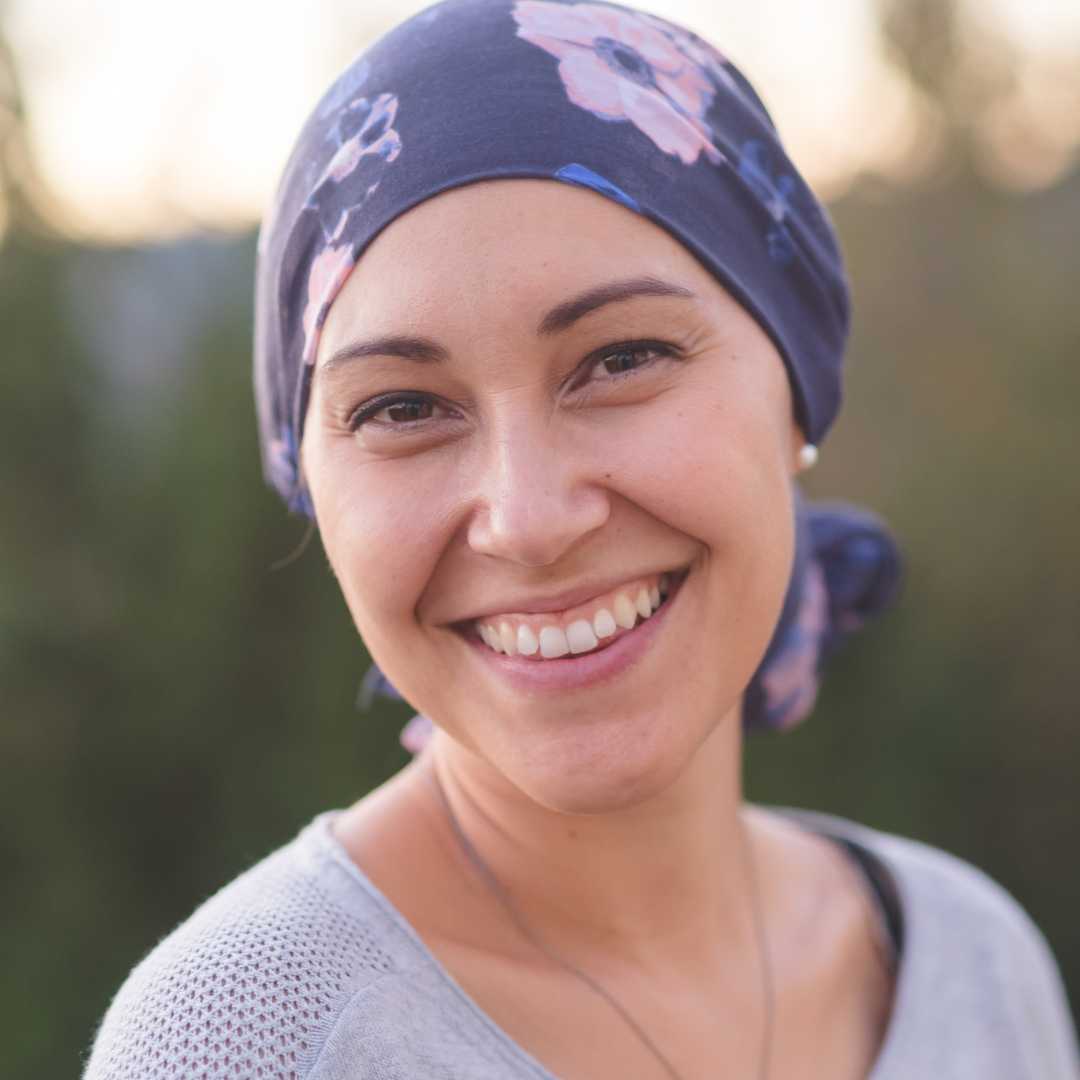
.png)
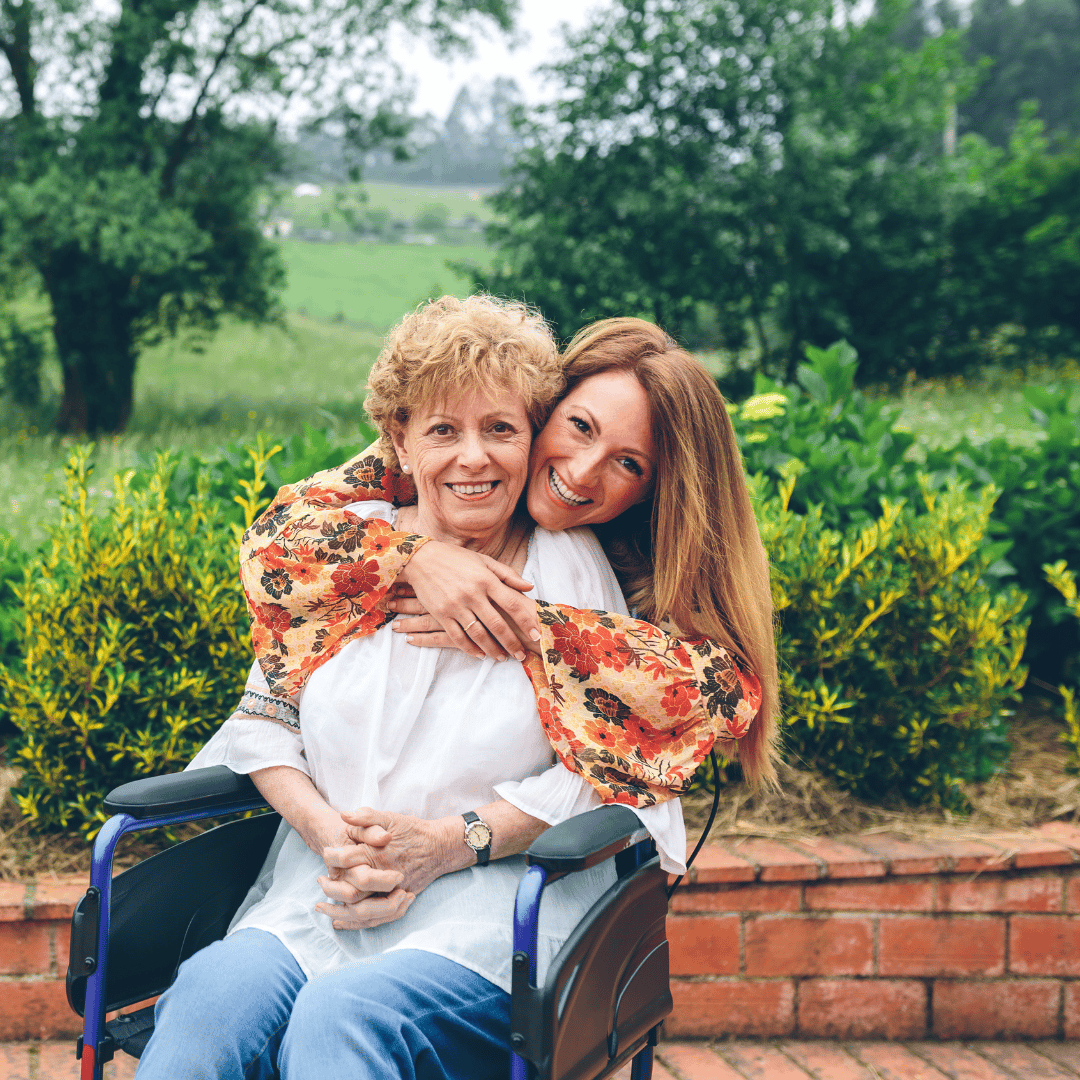

.png)

.png)
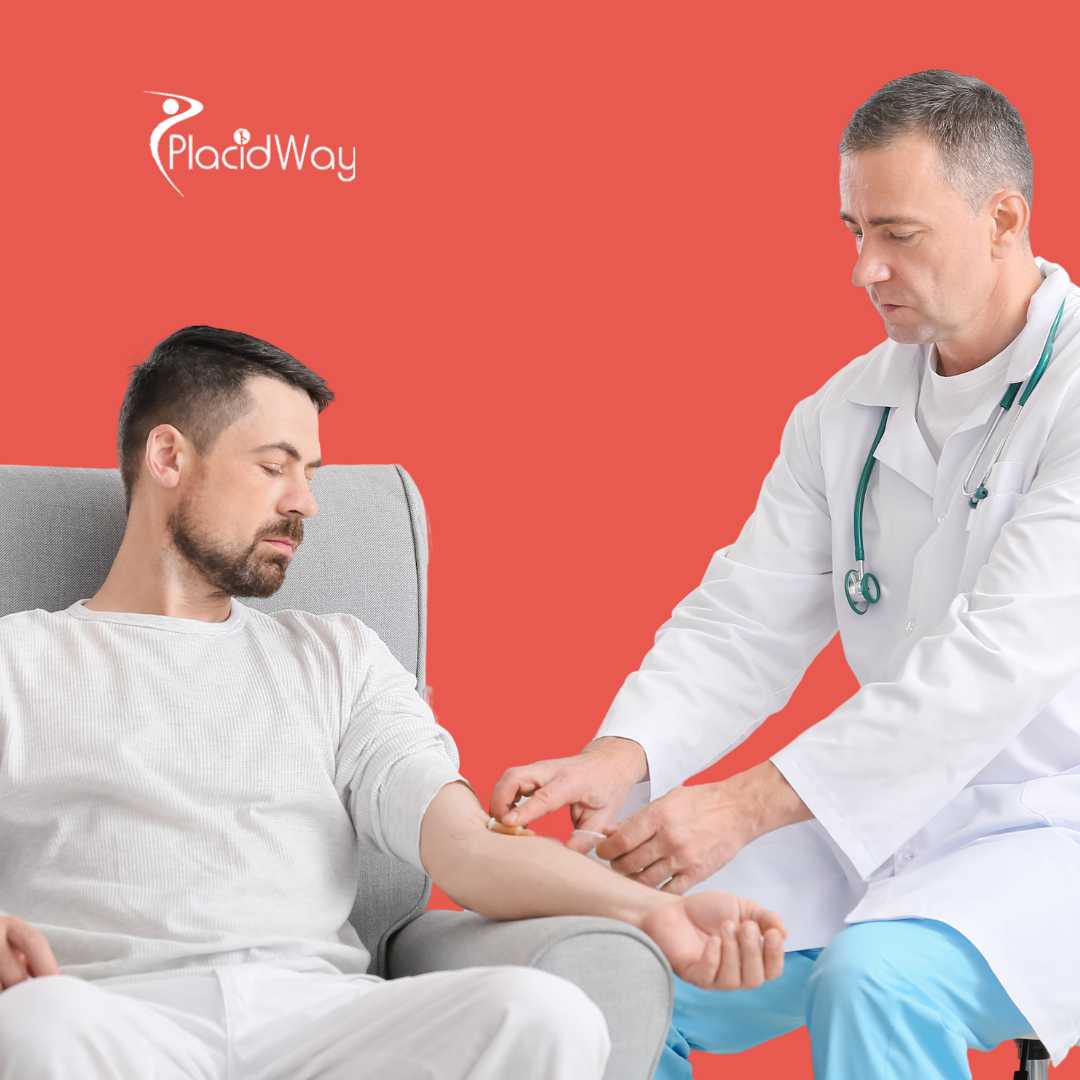
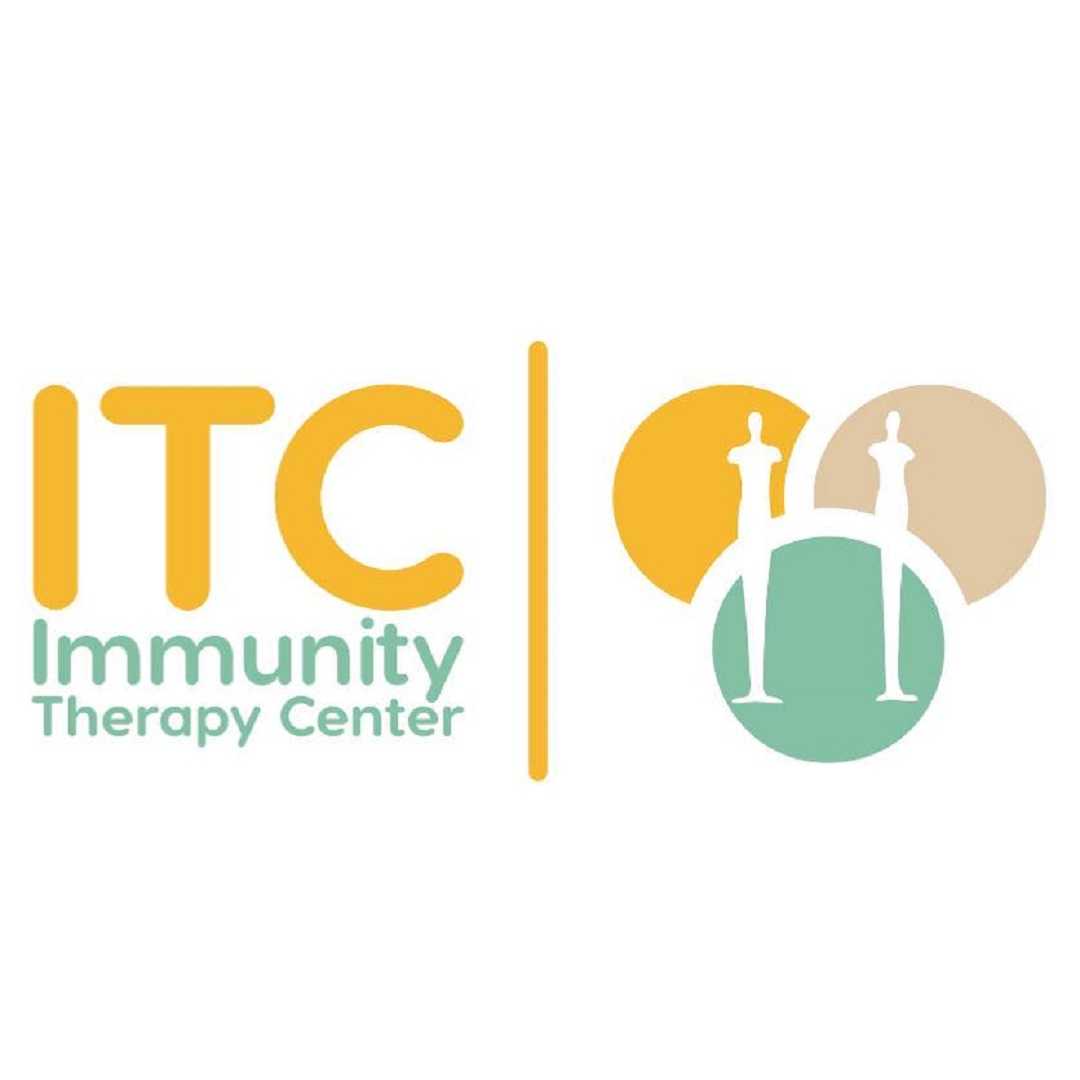
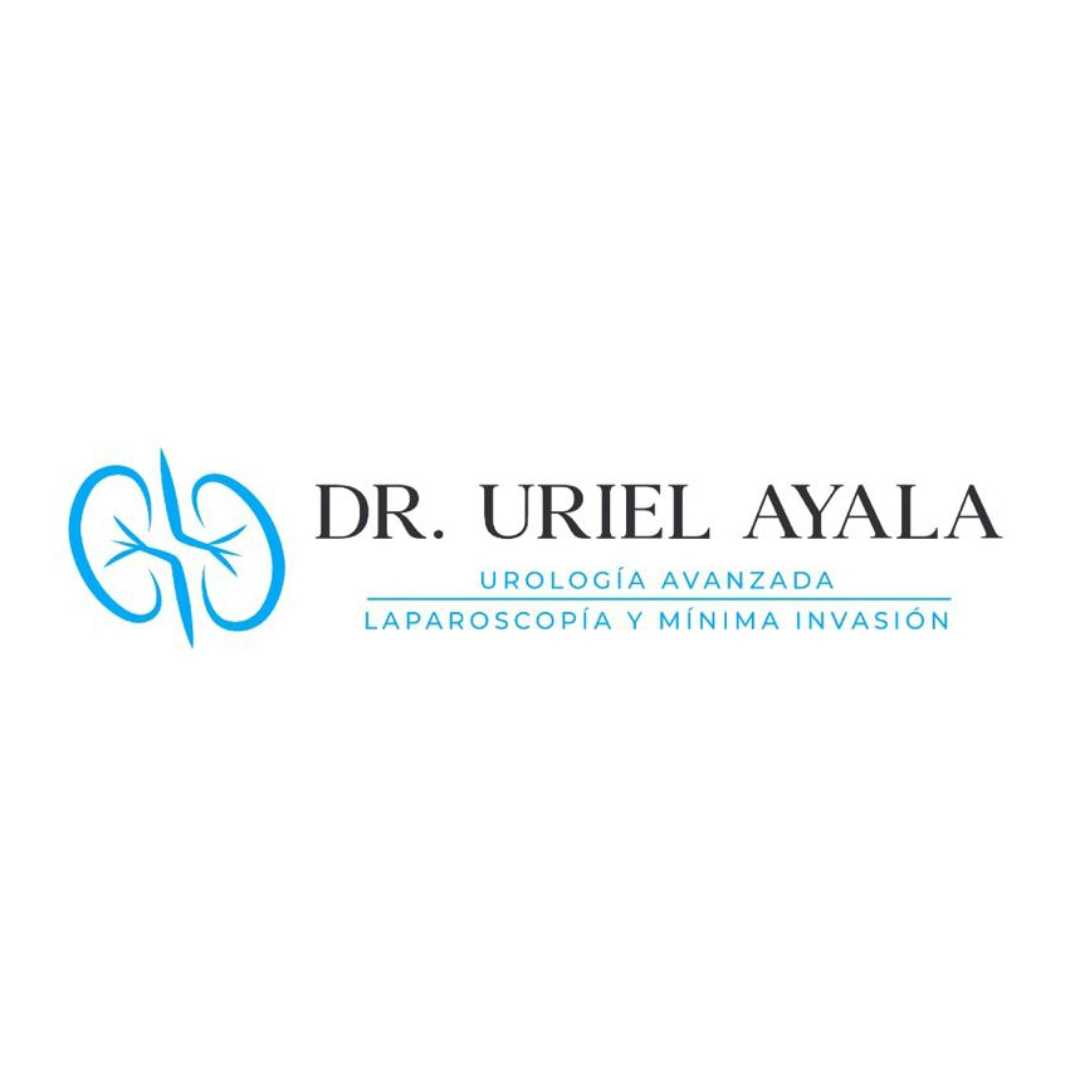

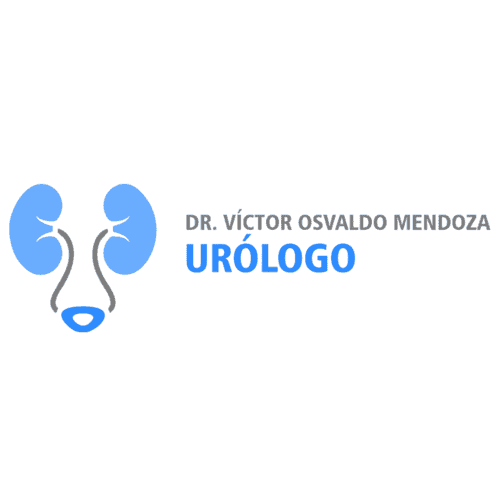
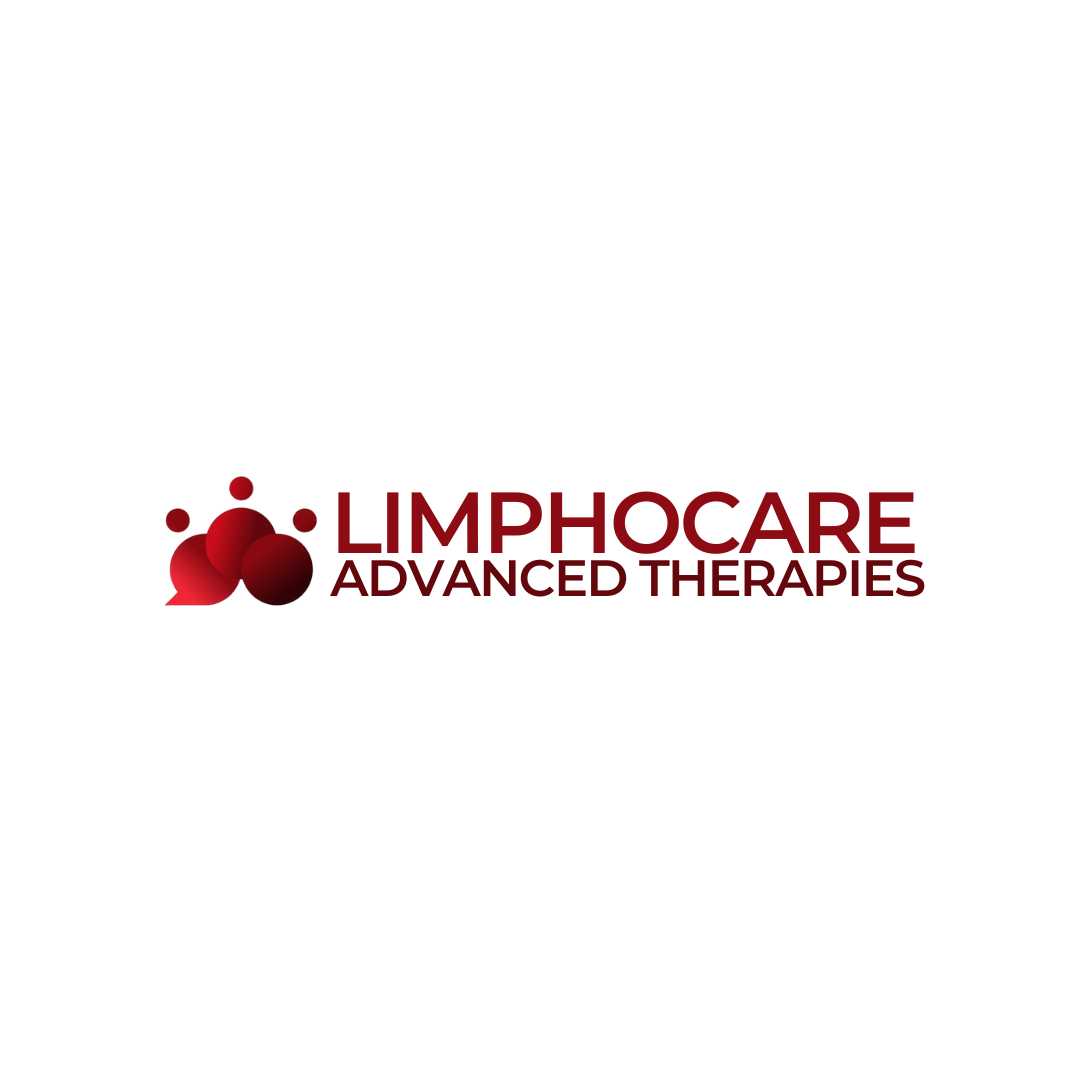

Share this listing